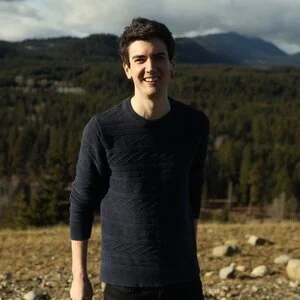SXSW Review: ‘The Lost Sons’ is a True-Crime Identity Crisis
Over 50 years ago, Chester & Dora Fronczak welcomed a healthy baby boy, Paul, into the world at Michael Reese Hospital in Chicago only to have their baby kidnapped without a trace. Nearly a year later, authorities recovered an infant in New Jersey matching Paul’s description, and, in disbelief, the Fronczak’s considered the recovery of their child a miracle.
Like many people, Paul Fronczak cannot remember his time as a newborn with clarity, but this tale about his recovery is what Paul knows to be true. At least on the surface. Then, unlike most people, Paul discovers in his middle-years that those stories he was told might not be about him. While Paul is now fully grown, wearing leather jackets and proudly displaying his “trust no one” arm tattoo, he can’t shake the existential possibility of not knowing his blood parents. Ursula Macfarlane’s documentary The Lost Sons chronicles his attempts to unfold his own personal family origins and unearth a mystery several generations in the making.
Crime-junkies will be glad to know that there are enough twists and turns to keep you intrigued, but The Lost Sons’ distinction is that its stakes exist on a much more individual scale. As Paul, the filmmakers, and a group of helpful online sleuths turn up new secrets, only Paul’s mysteries hold any emotional weight. At times, these smaller stakes seem at odds with the grandiose true-crime methodology, but for the most part, Paul’s story is unique and compelling enough to keep everything together while the mysteries continue to unravel.
—



